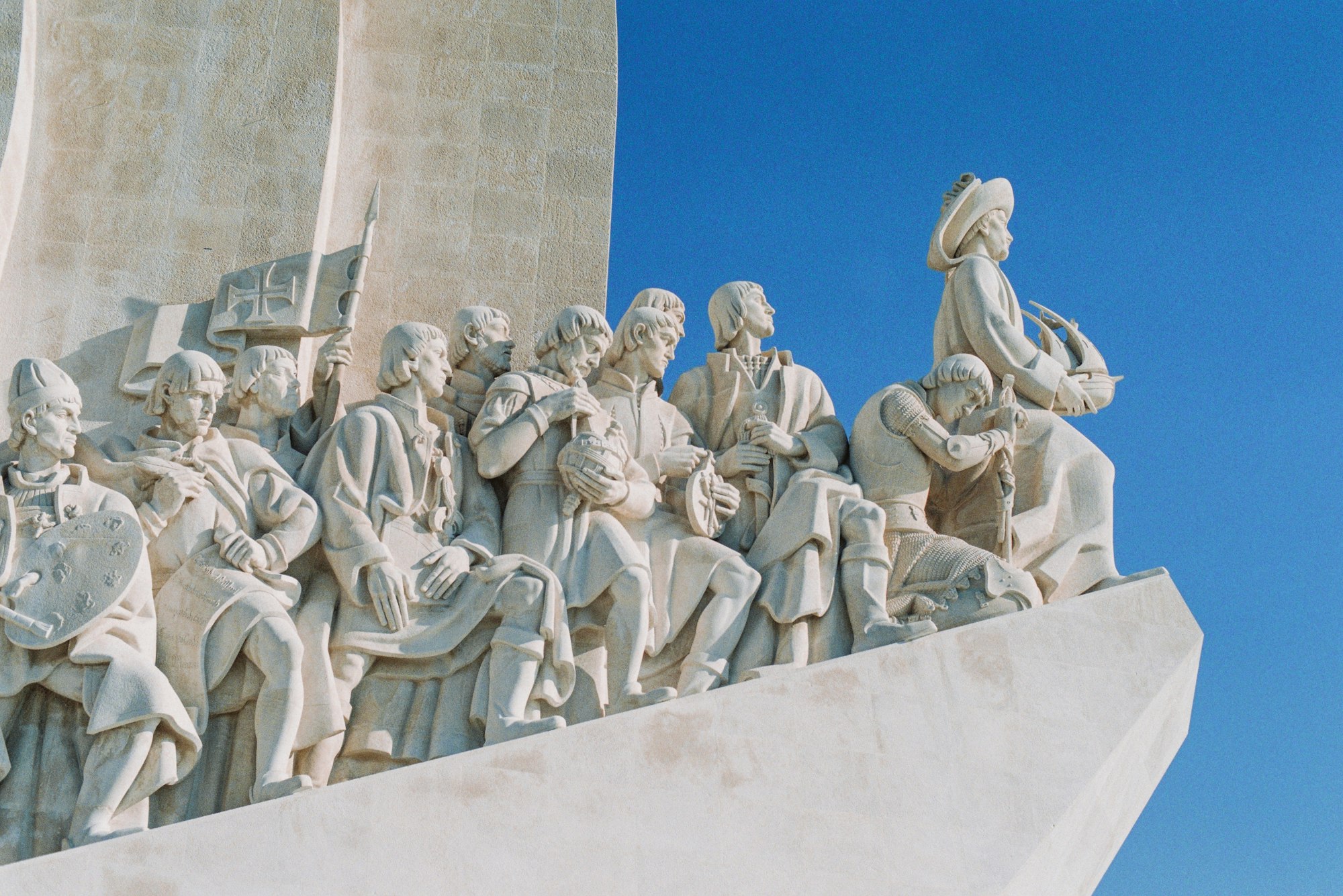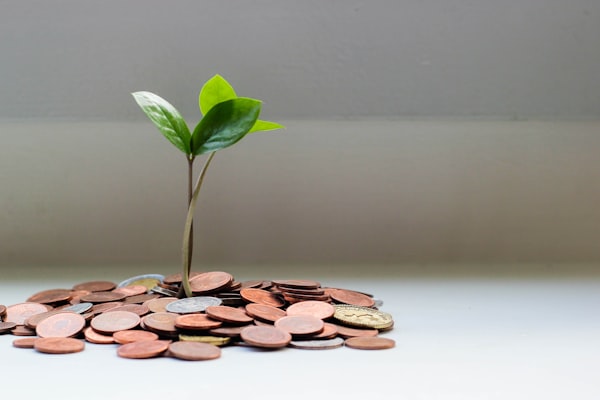"The Lessons of History" by Will and Ariel Durant
Summary, Notes, and Lessons.

Biology
The laws of biology are the fundamental lessons of history.
- The first biological lesson of history is that life is competition.
- The second biological lesson of history is that life is selection. In the competition for food or mates or power some organisms succeed and some fail.
- The third biological lesson of history is that life must breed. Nature has no use for organisms, variations or groups that cannot reproduce abundantly.
Freedom and equality
Nature smiles at the union of freedom and equality in our utopias.
For freedom and equality are sworn everlasting enemies, and when one prevails the other dies. Leave men free, and their natural inequalities will multiply almost geometrically, as in England and America in the 19th century under laissez-faire. To check the growth of inequality, liberty must be sacrificed.
Evolution
Cultures have developed over time, and many of our beliefs are held in that culture due to how we were raised.
- “It is not the race that makes the civilization, it is the civilization that makes the people: circumstances geographical, economic, and political create a culture, and the culture creates a human type.”
Evolution in man during recorded time has been social rather than biological: it has proceeded not by heritable variations in the species, but mostly by economic, political, intellectual, and moral innovation transmitted to individuals and generations by imitation, custom, or education.
Morality
For centuries our moral code was derived from agriculture and Christianity.
Private property, monogamy, even commerce all stem from there.
The replacement of Christian with secular institutions is the culminating and critical result of the Industrial Revolution.
Wealth
The concentration of wealth is natural and inevitable, and is periodically alleviated by violent or peaceable partial redistribution. In this view all economic history is the slow heartbeat of the social organism, a vast systole and diastole of concentrating wealth and compulsive recirculation.
Democracy
Most governments have been oligarchies – ruled by a minority, either chosen by birth, as in aristocracies, or by religious organization, as in theocracies, or by wealth, as in democracies. It is unnatural (as even Rousseau saw) for a majority to rule, for a majority can seldom be organized for united and specific action, and a minority can. If the majority of abilities is contained in a minority of men, minority government is as inevitable as the concentration of wealth; the majority can do no more than periodically throw out one minority and set up another.
History
History repeats itself in the large because human nature changes with geological leisureliness, and man is equipped to respond in stereotyped ways to frequently occurring situations and stimuli like hunger, danger, and sex. But in a developed and complex civilization individuals are more differentiated and unique than in a primitive society, and many situations contain novel circumstances requiring modifications of instinctive response and the results are less predictable.
Progress
Perhaps we should first define what progress means to us. If it means increase in happiness its case is lost almost at first sight: it seems silly to define progress in terms that would make the average child a higher, more advanced product of life than the adult or the sage, for certainly the child is the happiest of the three. We shall here define progress as the increasing control of the environment by life.


